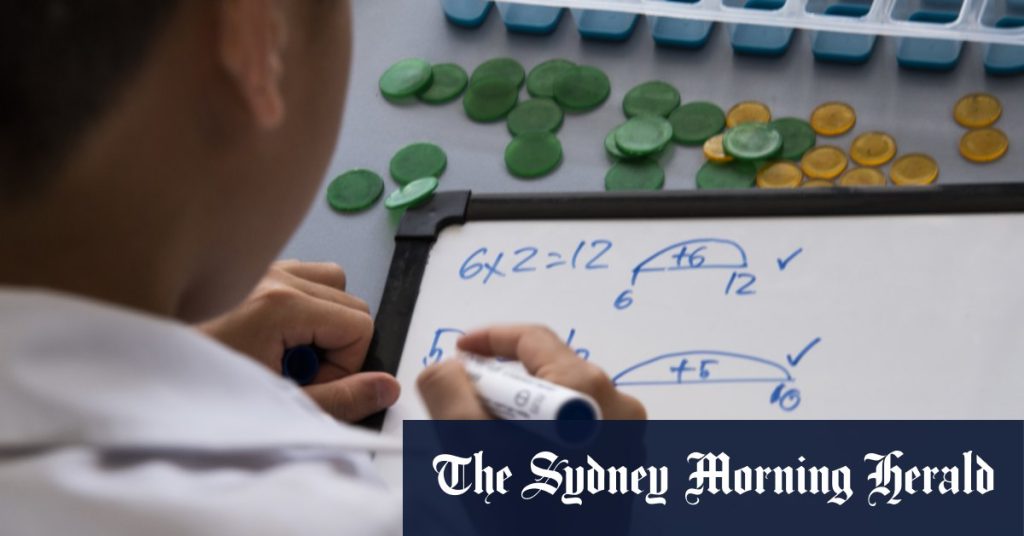Australian student achievement levels, despite high levels of taxpayer spending of over $600 billion over a decade, remain disappointing according to research fellow Glenn Fahey. Primary children with parents holding a university qualification were 10 times more likely to achieve in the top “exceeding” band compared to those with parents who did not finish year 12. The NAPLAN results in NSW revealed that more than 38,000 students were in the lowest “needs additional support” band for reading, while over 33,700 students needed additional support in numeracy.
The results also showed that Indigenous students and those in remote or outer regional schools faced significant challenges, with two-thirds of Indigenous students not meeting baseline standards in year 9 reading and numeracy tests, and at least half of teenagers in remote schools in the lowest two bands in maths and reading. On a positive note, 80% of year 3 students in NSW met basic standards for writing assessments. The NAPLAN tests students in various subjects such as reading, numeracy, grammar and punctuation, writing, and spelling, and the results are measured against four proficiency bands for students in years 3, 5, 7, and 9.
The release of the NAPLAN results comes amidst a bitter feud between the states and the Commonwealth over education funding as part of the Better and Fairer Schools Agreement. NSW Education Minister Prue Car has expressed reluctance to sign a proposed deal that ties extra federal cash to education reforms, demanding that the Commonwealth doubles its current funding offer. The proposed reforms aim to reduce students in the lowest NAPLAN band by 10%, increase those in the top band, and improve year 12 completion rates that have been on a decline in NSW.
Nick Parkinson from the Grattan Institute highlighted the alarming findings from the NAPLAN results, emphasizing the need to prevent students from falling through the cracks and address the widening gap between educational haves and have-nots. He stressed the importance of setting long-term targets to raise the ambition for achievement and improve literacy and numeracy proficiency for all students. Minister Car acknowledged the gaps that need attention in the state’s education system and emphasized the ongoing efforts to rebuild public education.
Overall, the NAPLAN results point to persistent challenges in student achievement levels in Australia, despite significant financial investments in the education sector. The stark disparity between students with parents holding a university qualification and those whose parents did not finish school underscores the need for targeted interventions to support disadvantaged students. The call for setting long-term targets and improving literacy and numeracy proficiency for all students highlights the importance of addressing the gaps in educational outcomes and ensuring that every student has the opportunity to succeed.













